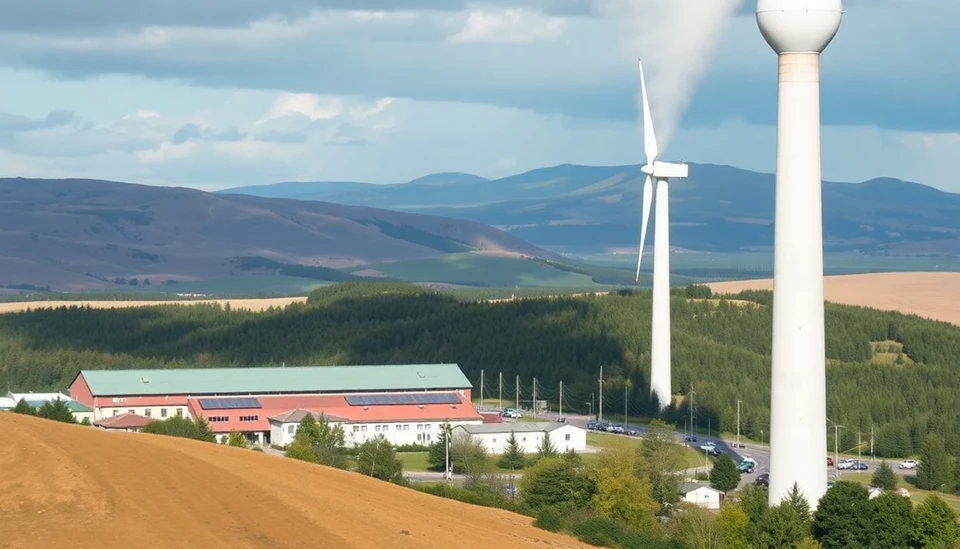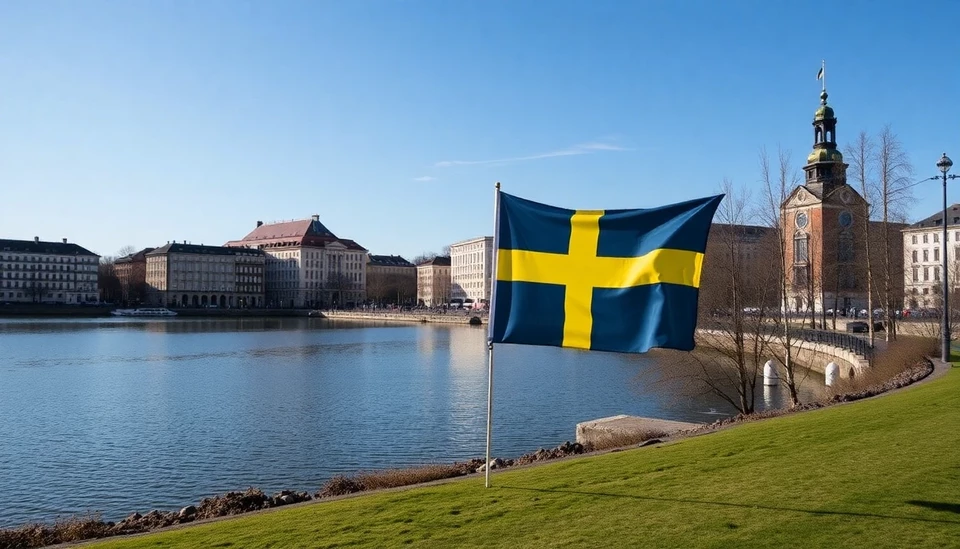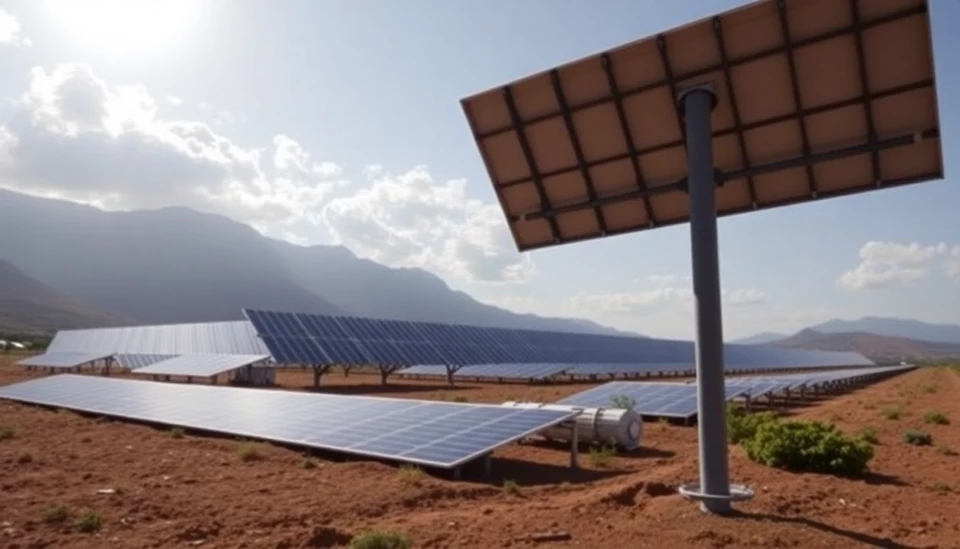
The European Union (EU) is currently facing significant challenges regarding its green energy commitments, which have come under scrutiny as the bloc begins to rethink its regulatory frameworks. This shift raises concerns over the commitment to ambitious climate and environmental goals established in previous years.
Notably, the recent legislative proposals suggest a potential retreat from stringent regulations that have been a hallmark of the EU’s climate action agenda. The ongoing discourse reflects a growing unease among member states about the economic impacts of these regulations, particularly in light of global inflation and energy crises exacerbated by geopolitical tensions.
Critics have pointed to the situation as a "canary in the coal mine," warning that if the EU struggles to maintain its green regulatory push, it could spell trouble for the global green transition. The regulatory rollback is particularly concerning for industries that have heavily invested in sustainable energy solutions, signaling a shift back to more lenient policies that could undermine years of progress.
Environmental advocates fear that any dilution of regulations could hinder necessary investments in renewable energy technologies and slow the transition to a low-carbon economy. Furthermore, there is particular anxiety about how these changes might affect the EU's ability to meet its 2030 climate targets, which aim to reduce greenhouse gas emissions by at least 55% from 1990 levels.
The pressure is mounting as various EU member states express differing views on how aggressive the green regulations should be. Countries that rely heavily on fossil fuels are pushing back against stringent rules, claiming economic burdens that could stifle growth. Conversely, nations that have made substantial commitments to green technologies are standing firm in their advocacy for maintaining robust environmental standards.
As EU leaders navigate this complex landscape, the divergence in perspectives highlights the challenges inherent in achieving cohesive climate policy across a diverse union. The discussions around regulatory adjustments also reveal an underlying tension between economic recovery and sustainability efforts, forcing leaders to reconsider how best to balance both priorities without compromising on climate objectives.
This recalibration of the EU’s environmental policy not only impacts the bloc's internal dynamics but also sends ripples throughout global markets, which closely monitor Europe’s approach to climate governance. Investors are wary of the signals this regulatory shift sends, as stability in green policies is essential for sustainable investments.
Ultimately, as the EU grapples with its regulatory future, the outcome will play a crucial role in shaping the direction of climate action both within its borders and globally. This moment could redefine the EU’s commitment to green energy and the broader implications for international efforts aimed at combating climate change.
As this situation develops, stakeholders across sectors must remain alert to the changes that may arise in the regulatory landscape, understanding that the decisions made today could set the tone for future sustainability ambitions.
#GreenEnergy #EULegislation #ClimateChange #RegulatoryPolicy #SustainableInvestment #RenewableEnergy #EnergyCrisis #EUClimateTargets
Author: Peter Collins




